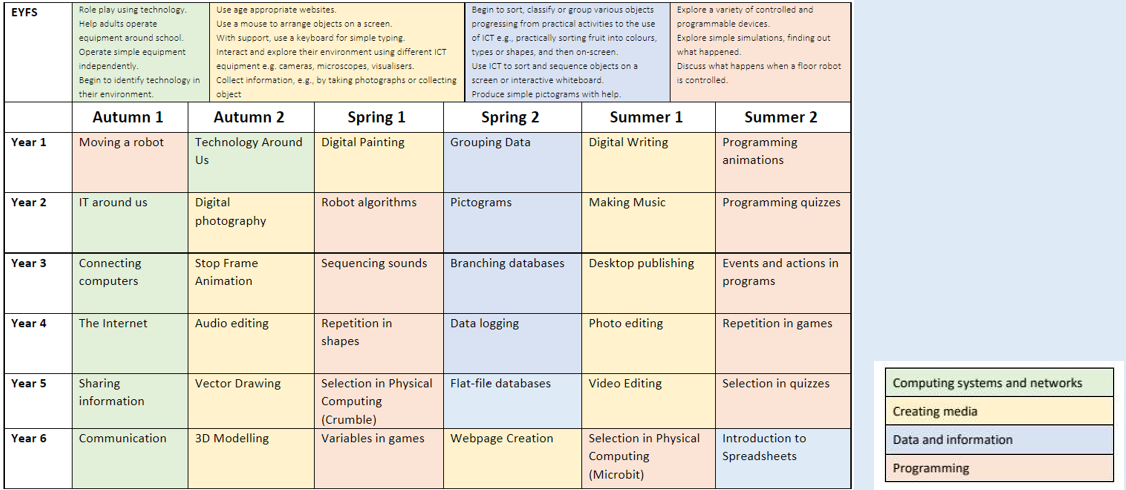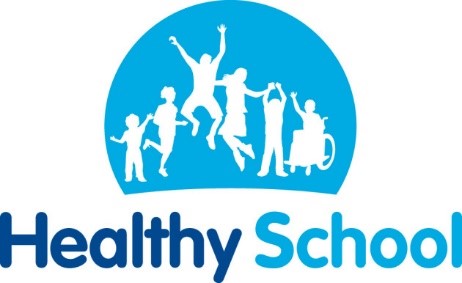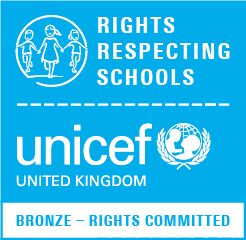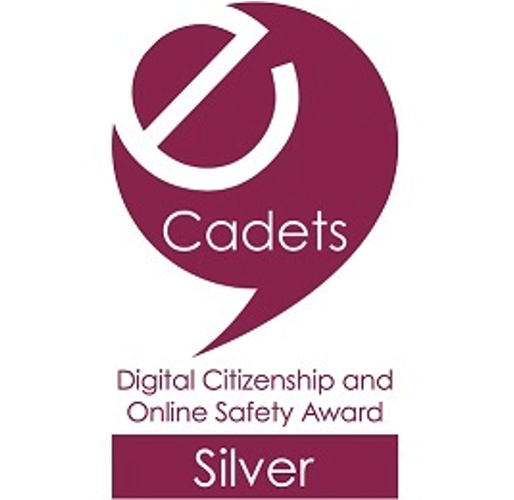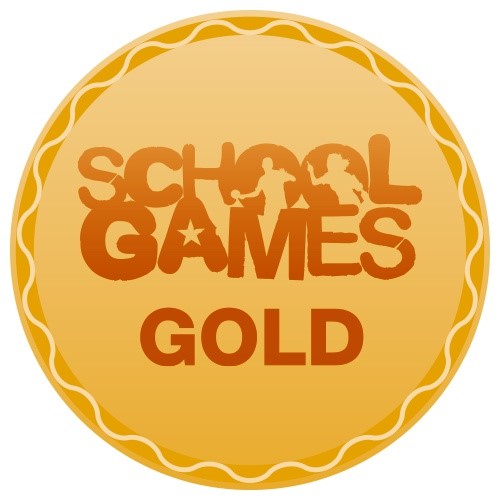Computing
“Computing is not about computers anymore. It is about living.” Nicholas Negroponte
Intent
At St John the Baptist Catholic Primary School we recognise that technology is an integral part of every day life. We aim to prepare our children for a future in an environment which is shaped by technology, by providing them with a high-quality computing education which equips them to use programming, computational thinking and creativity to understand and change the world.
As well as the benefits of Computing, we are also aware of the risks. Online Safety is at the core of our Computing curriculum, we also prepare our children to stay safe online through the use of eCadets, a program which trains, supports and empowers pupils to become online safety and digital citizenship experts.
Implementation
At St John the Baptist, Computing is taught on a weekly basis with a new unit of work each half-term. Having discreet lessons means that children are able to develop depth in their knowledge and skills throughout the Computing units. We always start the unit with an Online Safety lesson followed by the unit of work from the NCCE Teach Computing curriculum. In Computing lessons, children have access to a class set of laptops and iPads; these are shared across the school and are available on a timetabled basis. There are further laptops available if needed to ensure that all year groups have the opportunity to use a range of devices and programs for many purposes across the wider curriculum, as well as in discrete computing lessons.
The implementation of the Teach Computing curriculum ensures a balanced coverage of the three strands of the Computing National Curriculum: Computer science, Information technology and Digital literacy. The children will have experiences of all three strands in every year group, ensuring that learning is built upon year on year.
We ensure that staff have the relevant subject knowledge through the use of Teach Computing courses and webinars that are offered from Computing At School. Every teacher has completed the Overview to Computing for their Year group.
Children’s work for Computing is collected in a number of ways. Through paper based evidence and the use of digital evidence folders.
Impact
Our curriculum is fun and engaging and relevant to the future. Our Computing lessons will provide pupils with a secure and comprehensive knowledge of technology and digital systems that will ensure that they become confident to use them in their future studies and this digital age. This will enable our pupils to pursue a wide range of interests and vocations in the next stage of their lives.
Through our Computing lessons and the eCadet program, we believe our children will be equipped with the skills and knowledge to use technology effectively, and most importantly, they will be able to do so safely. The biggest impact we want is that our children understand the consequences of using the Internet and are aware of how to keep themselves safe online.
We measure the impact of our curriculum using the following methods:
- In KS1 Summative assessment is carried out through evidence of pupils work, discussions , photographs and pupil self assessment.
- In KS2 every unit includes an optional summative assessment in the form of a multiple choice quiz or a rubric. Both are designed to ensure the assessment of pupils understanding of computing concepts and skills.
- Formative assessment opportunities are available for teachers to use at the end of each lesson, this allows for any misconceptions are recognised and addressed.
The Computing subject leader uses teachers assessment to ensure children are achieving expected standard at the end of each year group. This is done in the following ways:
- Looking at children’s work saved onto their individual accounts
- Interviewing the pupils about their learning (pupil voice).
- Class portfolios are scrutinised and there is the opportunity for a dialogue between teachers to understand their class’s work.
- Annual reporting of standards across the curriculum.
Computing Curriculum Map
